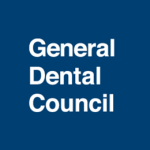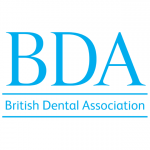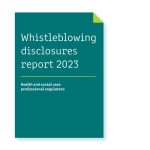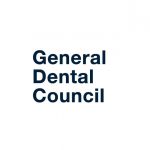Now an established forum after four events, the Dental Leadership Network brought together leaders from across dentistry to discuss the dental system, as seen from the perspective of patients and the public.
The primary goal of the Dental Leadership Network is to bring dental leaders together to share information and build relationships, improve understanding of everyone’s remit and encourage collaboration to resolve shared challenges.
The event was opened by Joanne Rewcastle, GDC Associate Director, Communications and Engagement, who shared feedback about the Network’s objectives and suggestions for future priorities and topics.
This was followed by a keynote presentation by Jacob Lant, Chief Executive of National Voices, who gave a cautionary tale about NHS dentistry from 2014 to today and the positive opportunities for progress and change.
Rachel Lopata, Chief Executive of Community Research, spoke about the latest research from the GDC into patients’ and the public’s experience of dentistry.
Representatives from across the sector then joined a panel discussion on the challenges facing patients as they navigate the system, facilitated by John Cullinane, GDC Executive Manager, Hearings.
The panellists were Fiona Sandom, Chair of the British Association of Dental Therapists, Dominic Innes-Taylor, Clinical Fellow, Office of the Chief Dental Officer, England, Gill Harding, Director of Communications, DentAid and Stefan Czerniawski, GDC Executive Director, Strategy.
The GDC’s Chair, Lord Toby Harris, shared his thoughts on how patients and the public experience dental services and why the Dental Leadership Network matters, before the event was closed by Paul Cushley, Dental Director, NHS National Services Scotland.
The GDC’s Chair, Lord Toby Harris, said:
“We need to listen to the perspectives of others. That is what the Dental Leadership Network is about – and today we have been listening, engaging and focusing on the patient and public perspective. We all want patients to receive the safe and effective oral healthcare they need. We are all united on that.”
The full text of the GDC’s Chair’s keynote is available here.
The objectives are:
- Share information and build relationships
- Create a better understanding of everyone’s remit, priorities and shared challenges
- Encourage collaboration and ownership to resolve shared challenges














